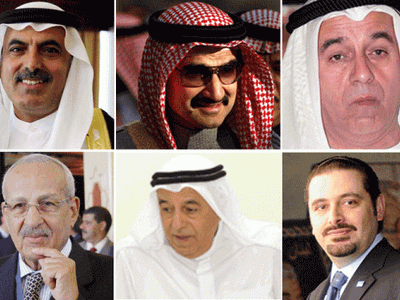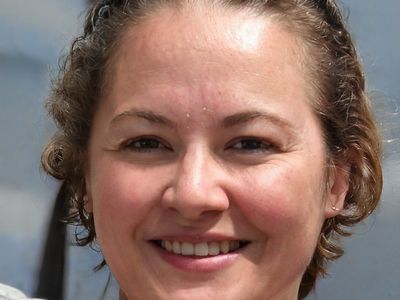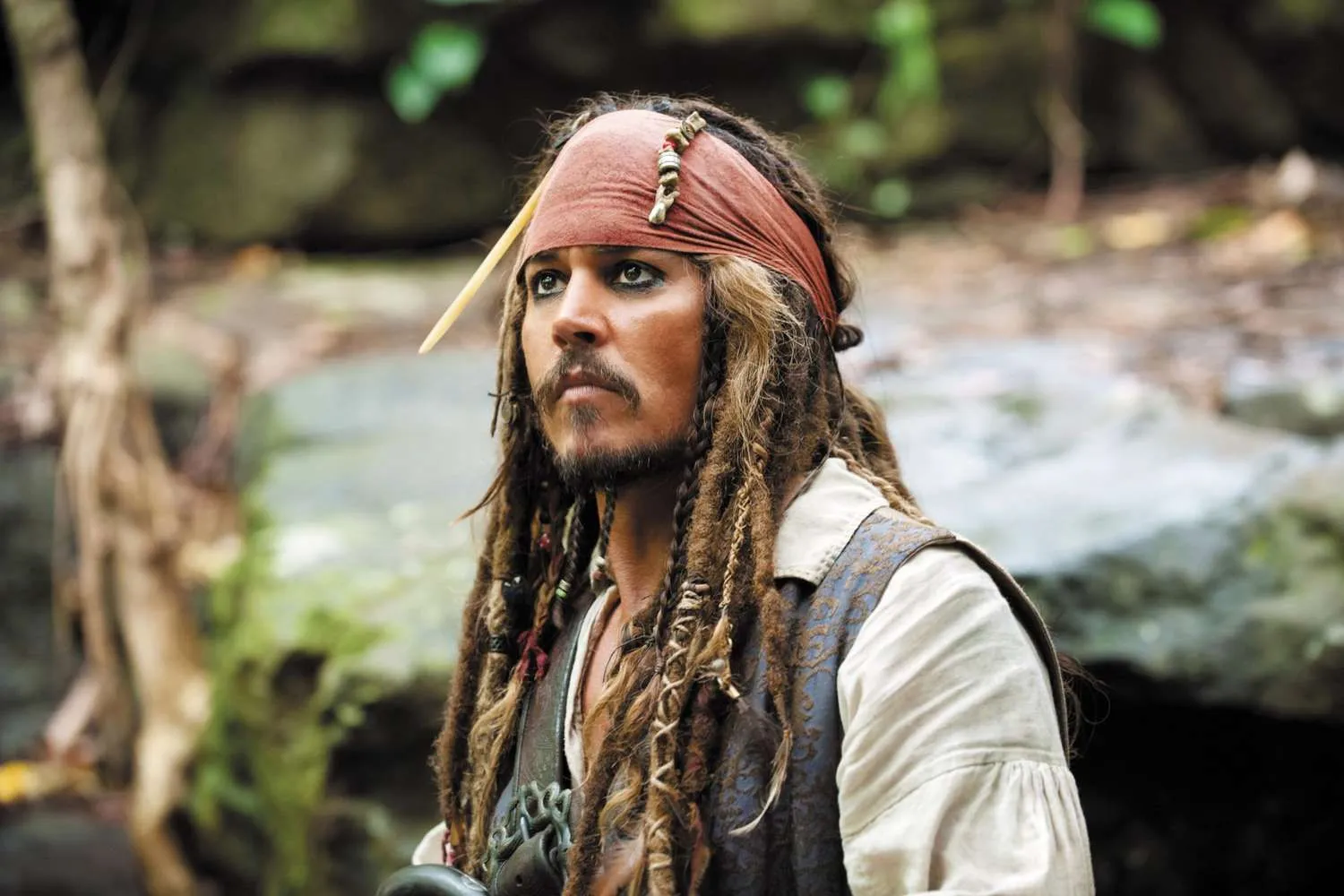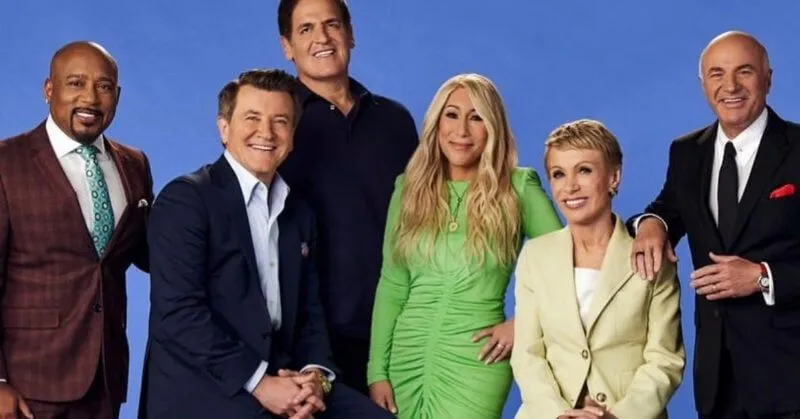The Opulent World of Arab Billionaires


The staggering wealth of Arab billionaires has created a lifestyle of unmatched luxury and extravagance. With personal fortunes ranging from hundreds of millions to billions of dollars, these elite individuals showcase their wealth through jaw-dropping displays of opulence.
Crown Prince Fuzah of Dubai, with a net worth of $400 million, exemplifies this lavish lifestyle. His family's total wealth exceeds $18 billion, allowing him to indulge in extraordinary purchases like gold-plated supercars, exotic pets, and palatial residences. His personal collection includes the world's most expensive camel, worth $2.7 million, and numerous prize-winning falcons.
The Saudi Royal Family's combined wealth of $1.4 trillion dwarfs most national economies. Crown Prince Mohammed bin Salman made headlines with his $300 million purchase of Chateau Louis XIV near Versailles, while other family members own fleets of custom luxury vehicles, private jets, and mega-yachts worth hundreds of millions each. Their palaces feature gold-plated fixtures, rare artworks, and amenities like private zoos and underwater meditation chambers.
Extravagant Estates and Grand Palaces
The lavish palaces of Arab billionaires represent the pinnacle of architectural grandeur and luxury. The Kingdom Palace in Riyadh, owned by Prince Al-Waleed bin Talal, spans 250,000 square feet with 317 rooms adorned with Italian marble, silk carpets, and gold-plated fixtures. The palace employs personal chefs who can serve 2,000 guests within an hour across four specialized kitchens.
Dubai's Royal Family maintains multiple palatial residences, including the spectacular Zabeel Palace valued at $500 million. This architectural marvel features underwater meditation chambers, private mosques, and sprawling gardens with exotic animals. The palace complex includes several interconnected royal residences where family members reside in ultimate luxury.
The Chateau Louis XIV near Paris, purchased by Saudi Crown Prince Mohammed bin Salman for $300 million, showcases French-inspired architecture with modern amenities. This 57-acre estate boasts marble statues, a gold-leaf fountain, an underwater meditation room, and a wine cellar housing 3,000 bottles. The property's advanced technology allows all systems to be controlled via iPhone, blending historical grandeur with contemporary convenience.
Fleets of Gold-Plated Supercars
The Arab billionaires' passion for gold-plated supercars represents the ultimate display of automotive luxury and extravagance. Saudi billionaire Turki Bin Abdullah owns a stunning $22 million car collection, featuring vehicles wrapped in 18-karat gold. His fleet includes a $10 million gold Bugatti Veyron, a $4 million gold Rolls-Royce Phantom Coupe, and a $2.5 million gold Mercedes-Benz G63 AMG 6x6.
Crown Prince Mohammed bin Salman of Saudi Arabia maintains an equally impressive collection of golden vehicles. His garage houses a $14.2 million customized 24-karat gold Rolls-Royce, a $9.2 million gold Bugatti Veyron, and multiple gold-plated Mercedes models worth over $9 million each. The vehicles feature custom modifications, premium leather interiors, and state-of-the-art technology systems.
Dubai's ruler Sheikh Mohammed bin Rashid Al Maktoum takes automotive opulence to new heights with his collection. His golden fleet includes a $5.8 million Porsche 918 Spyder, a $7.5 million Lamborghini Aventador, and an $8.2 million Rolls-Royce Phantom. Each vehicle undergoes extensive customization, with gold-plated body panels, wheels, and interior trim pieces that create a dazzling display of wealth and luxury.
Exotic Animal Companions and Royal Collections
Arab billionaires are known for their extraordinary collections of exotic animals. Crown Prince Fuzah of Dubai owns the world's most expensive camel, purchased for $2.7 million from among 177,000 candidates. He also maintains hundreds of prized falcons, with individual birds capable of winning over $100,000 in competitions.
The Saudi royal family's private zoos feature rare species like white tigers, cheetahs, and elephants. Prince Turki bin Abdullah famously lets his pet cheetah ride passenger-side in his gold-plated supercars. These exotic pets are housed in custom-built facilities with specialized veterinary care and climate-controlled environments.
The collections extend beyond living creatures to include priceless artifacts and treasures. Prince Al-Waleed bin Talal owns one of the world's largest private collections of diamonds and precious stones, while other royals maintain vast assemblages of rare Islamic art, manuscripts, and historical artifacts worth hundreds of millions of dollars. Crown Prince Mohammed bin Salman made headlines with his $450 million purchase of Leonardo da Vinci's "Salvator Mundi" painting for his personal collection.
Luxury on the Seas and in the Skies
Arab billionaires demonstrate their wealth through extraordinary maritime and aviation assets. The Dubai Royal Family owns multiple super-yachts, including the 180-million-dollar flagship featuring a gym designed by Usain Bolt, several pools, a personal spa, and a helicopter landing pad. Prince Faz's private Boeing 747-400, worth $260 million, comes equipped with gold-plated fixtures and luxury suites.
Saudi Crown Prince Mohammed bin Salman owns the $500 million mega-yacht Serene, spanning 440 feet with amenities like an underwater viewing room and multiple helipads. The Saudi Royal Family maintains a fleet of private aircraft including custom Airbus A380s featuring Turkish baths, concert halls, and executive boardrooms with hologram technology. Their planes often have gold-plated interiors and thrones.
Qatar's ruling family showcases their wealth through the $400 million Al Mirqab yacht and multiple customized Boeing 747s. Their aircraft feature master bedrooms with ensuite showers, private cinemas, and meeting rooms finished in precious metals and fine leather. The Emir's personal A380 superjumbo is equipped with a medical center and garage for transporting his luxury vehicles during international travel.
Investments and Business Ventures Behind the Wealth
The vast fortunes of Arab billionaires stem from diverse business interests and strategic investments. Saudi Aramco, the state-owned oil company, provides massive revenues for the Saudi royal family, while strategic real estate investments in major global cities generate billions in additional wealth. Many Arab royals own significant stakes in international banks, tech companies, and luxury hotel chains.
Dubai's ruling family has built enormous wealth through Zabeel Investments, which owns prime properties across the UAE and globally. Crown Prince Fuzah's investment company manages billions in real estate, including the $12 billion Hotel Jumeirah Zabeel Saray on Palm Jumeirah. The family also maintains profitable stakes in Emirates Airlines, Dubai Ports World, and numerous technology startups.
Qatar's royal family has grown their wealth through Qatar Investment Authority, which manages over $450 billion in assets. Their portfolio includes landmarks like London's Shard building, stakes in Volkswagen and Credit Suisse, and ownership of Paris Saint-Germain football club. Kuwait's ruling family similarly controls the Kuwait Investment Authority, with over $700 billion in global investments spanning real estate, banking, and technology sectors.
The Fascination and Future of Arabian Royalty
The world remains captivated by Arab royalty's display of unprecedented wealth and luxury. Social media has given unprecedented access to their opulent lifestyles, with millions following accounts like Dubai's Crown Prince Fazza who shares glimpses of his gold cars, exotic pets, and palatial homes. Their influence extends beyond wealth into global politics, business, and popular culture.
The next generation of Arab royalty is embracing modern technology while maintaining traditional values. Young rulers like Saudi Crown Prince Mohammed bin Salman are driving economic diversification through ambitious projects like NEOM, a $500 billion future city. They're also expanding into new industries including renewable energy, artificial intelligence, and space exploration through sovereign wealth funds worth trillions.
The future of Arabian royalty faces both opportunities and challenges. While oil wealth continues generating massive revenues, there's growing pressure for social reforms and transparency. Many young royals are pursuing Western education and adopting progressive views, suggesting evolution in how future generations will wield their power and wealth. Yet they must balance modernization with deep-rooted cultural traditions that have sustained their rule for generations.

